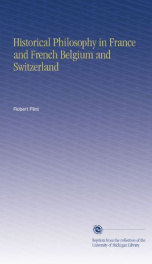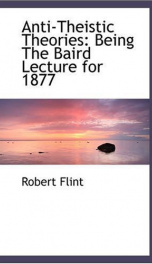agnosticism

Purchase of this book includes free trial access to www.million-books.com where you can read more than a million books for free. This is an OCR edition with typos. Excerpt from book: the reason on which it supports itself, the attitude assumed towards truth and knowledge. What is non-essential and variable in it are the objects or propositions to which it refers. Some have represented the scepticism which may appropriately be called agnosticism as disbelief of the attainability of truth. Others contend that it should be confined to doubt. For reasons hereafter to be indicated, I hold that it may be either doubt or disbelief. Not, however, either merely doubt or disbelief, but the doubt or disbelief which rests on the supposition that what are really powers of the human mind are untrustworthy; that what are actually normal perceptions, natural or even necessary laws and legitimate processes, are not to be depended on. Ordinary doubt and ordinary disbelief have their reasons in the objects or propositions examined by the mind, not in distrust of the mind itself. They imply nothing more than the conviction of the absence of evidence for, or the existence of evidence against, the particular position in dispute ; but agnosticism challenges evidence, and refuses to be convinced by it, on the deeper and subtler ground that the mind is inherently incapable of deriving truth or certainty , from what seemingly presents even the strongest claims to be regarded as evidence. III. AGNOSTICISM AND GNOSTICISM. Agnosticism may be directly opposed to gnosticism ; it may be regarded as the contrary extreme. The word gnosticism has been long in use. It was first employed to denote a remarkable class or group ofphilosophico-religious systems which were somewhat widely diffused in the first centuries of the Christian era. The adherents of these systems supposed themselves to have a gnosis or knowledge of a deeper and more precious kind than other men. Regarding the divine ... --This text refers to an alternate Paperback edition.
Info about the book
Author:
Series:
Unknown
ASIN:
B007K5IXCA
Rating:
4/5 (2)Your rating:
0/5
Languge:
English
Users who have this book
Users who want this book
What readers are saying
What do you think? Write your own comment on this book!
write a commentif you like agnosticism try:
Do you want to read a book that interests you? It’s EASY!
Create an account and send a request for reading to other users on the Webpage of the book!





